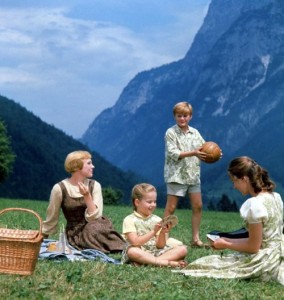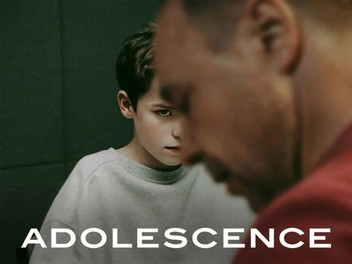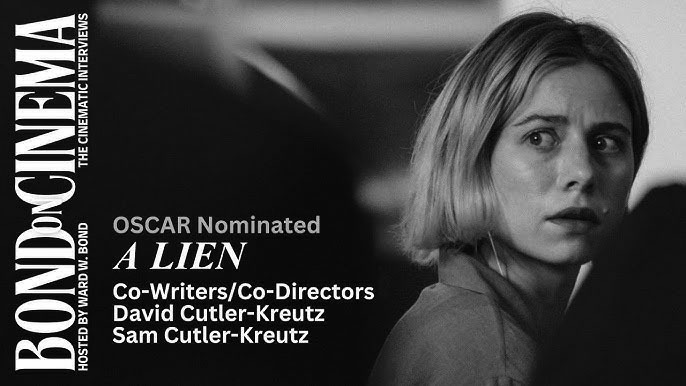This year at the Oscars, Lady Gaga performed a medley of songs from the 1965 film The Sound of Music to commemorate the 50th anniversary of the movie.

Hearing Lady Gaga’s rendition instantly brought to mind how timeless and influential songs such a “Climb Every Mountain” and “Goodbye” are. After the Oscars, I looked into the film’s history.
Besides being the fifth highest grossing film of all time, it also won the Academy Award for Best Picture, beating out David Lean’s masterpiece Doctor Zhivago. So, when Cinemark Theaters announced they were screening the movie for the 50th anniversary, I had to check it out.
Right off the bat, The Sound of Music is undeniably a good film; whether or not it’s great is to be determined. Taking place in late 1930s Austria, the movie features Julie Andrews as Maria, a down on her luck nun in training. Maria is a child at heart, with a passion for music and the beauty of nature. The rest of the nuns do not approve of her habits, and send her away to serve as a governess for the Von Trapp family. Headed by a widowed naval captain, the children have taken to pranks and hooligans in the absence of a mother figure. And so, as one might expect, the first act of the nearly three hour film is about Maria bonding with the children. Along the way, Captain Von Trappe’s militaristic values clash with Maria’s optimistic views upon raising children. In the midst of the fun filled summer Maria spends with the children, the Captain and Maria inevitably fall in love.
While everything with the Von Trappe family is fun and joyous, the ever looming Nazi invasion is on the imminent horizon. Historically, Austria was the first country to succumb to Hitler’s Reich, bordering Germany directly to the South.
The Sound of Music is by no means a perfect film. The children are often horribly written, succumbing to clichés and forced cuteness which isn’t all that cute.Yet, child actors seldom are believable, especially from films made in the 60s and before. Also, weak and undeveloped is the aforementioned Nazis. They are sprung on to the plot in the third act, and their sheer brutality is not really shown, as this is supposed to be a family movie. I have never been a fan of sugar coating history, and this film seems to do so quite frequently. Upon further research, the Von Trappes do not live happily ever after, as implied by the ending. The real family faced financial bankruptcy after World War II. Even their prewar state is exaggerated, as they did not live in a beautiful country villa as shown in the film but rather a modest house in the Alps. The ending of the film portrays a last minute flee to the mountains to escape Nazi occupied Austria. There was no such escape, and the Von Trapps left peacefully before the outbreak of war.
All this being considered, historical inaccuracies do not deter from good film making. However, when a film as widely beloved as The Sound of Music has been seen by everyone, the film’s story starts to mix with history, and that can be a problem. Judging The Sound of Music strictly as a film, one cannot deny it is a very entertaining film. Julie Andrews truly makes the movie, and one wishes that Maria could be their babysitter due to the shear sincerity Andrews portrays. Her voice is without a doubt one of the best of all time.
The other great strength of The Sound of Music is the set design. One wants to step back in time to a 1930s Salzburg summer and run through the streets with Maria. The soundtrack, while not original, is extremely catchy. With regards to seeing it on the big screen, I would say it is definitely worth it. The Sound of Music has stood the test of time, and likely will forever.













